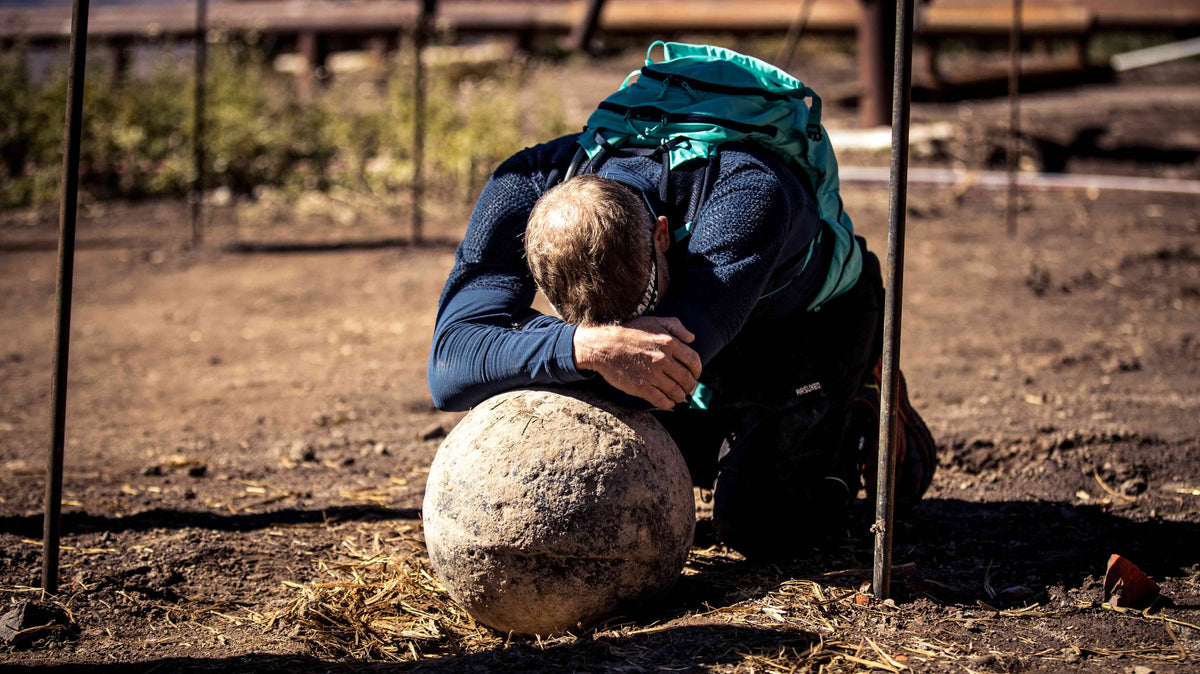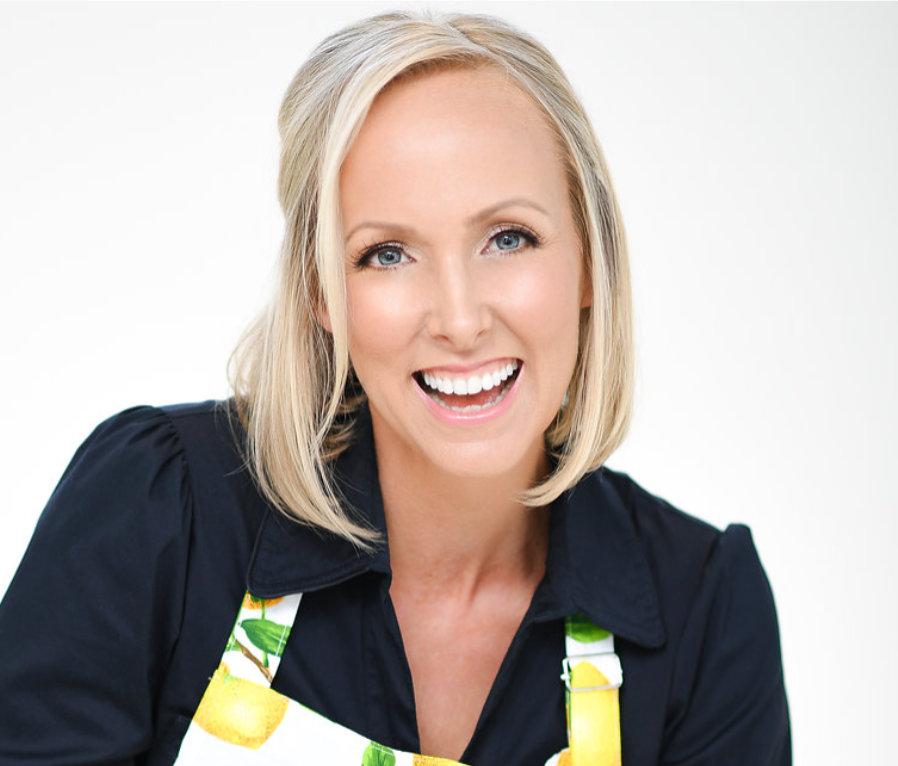The Dark Side of Excessive Protein

Everywhere you look, someone is pushing protein on you: more, more, MORE! But is that really good for you? We’re finally getting wise to the fact that plant-based protein is cleaner for our systems, but some options are over processed. So what should you do?
Maybe you don’t need that much protein, after all. And furthermore, it could be damaging your organs, and also a contributing factor to your risk of heart disease and cancer.
Related: Eat THIS Food Every Day to Avoid the World's No. 1 Killer
What time in your life do you grow the most? If you said as a baby, you’re right. An infant’s body doubles and triples in size in the first year of life. We all know that the perfect food for a baby is their mother’s milk. Guess how much protein is in human breast milk? Less than 5%.
I’d take a dramatic pause now if we were speaking in person. Let that sink in. If we need less than 5% of our calories to come from protein at the time of our life when we are growing the fastest, why would we need such high numbers just to gain some muscle or lose fat?
Eating a varied, clean, whole-food, plant-based diet — vegetables, fruits, and grains — easily gives you around 5-20% protein without counting.
The most common guideline you’ll find is from the government recommendations that suggest 10-35% of your calories come from protein. If you're running Spartan races often, you might be closer to the higher end, but be honest: How much of your day is spent in a chair? Most of us should be at the lighter end of the spectrum. One average workout per day for us working adults puts us in the lower range.
Related: 6 Things Every Plant-Based Athlete Should Know About Pea Protein
Let’s look at the possible deleterious ramifications of excessive protein on your body.
How Much Protein Is Too Much?
First, you have to understand that animal protein (and lots of plant protein) is wrapped up with fats. The liver — an organ that filters and excretes toxins from the body — takes a hard hit from too much protein and fat. If the liver is overburdened from too much fat, it cannot perform its job at maximum efficiency. Your body must be hydrated and low in fat to detoxify properly, and your kidneys are negatively impacted from too much protein as well.
The Risks of Excessive Protein Intake
The top killer in the world is heart disease — There’s very clear data on the relationship between animal protein and heart disease. Elevated LDL cholesterol in your blood is the only serious risk factor for atherosclerotic plaque buildup, according to William C. Roberts, the editor in chief of The American Journal of Cardiology. In order to reduce or eliminate it, you must get rid of animal products: meat, dairy and eggs, and processed foods. So, there’s a conflict in your health if you think endlessly more protein (meat) is good. Check out How Not to Die by Michael Greger for more on this.
Related: Try These 7 Plant-Based Swaps Instead of Animal Protein-Based Meals
What about cancer? Same conclusion. The China Study by T. Colin Campbell tells the story of the scary ramifications of dairy on our bodies. He gave laboratory rats a cancer-causing agent, and then each was exposed to 5% or 20% casein (dairy protein). They drew a statistically significant conclusion that those given 5% protein did not develop cancer; those with 20% protein in their diet did.
The purpose here is to awaken you to the possibility that you may be overdoing it. Everyone’s dietary needs are a little different, but a cleaner, lighter menu selection with lots of fruits and vegetables, some whole grains, and a small amount of clean protein is a great recipe for most. Doing so will help you live a longer, healthier life.

